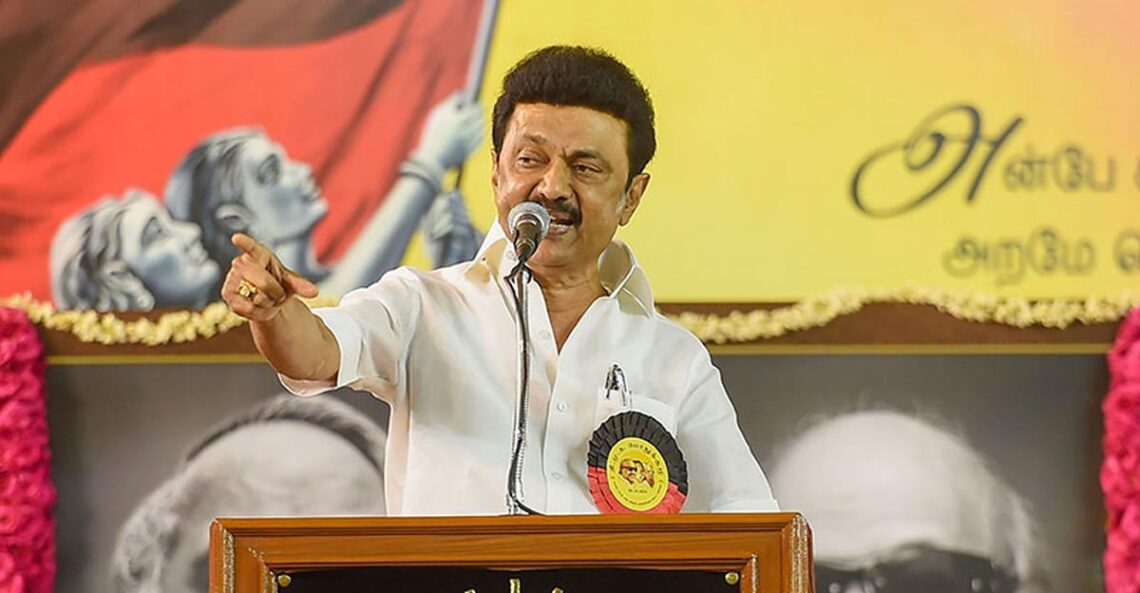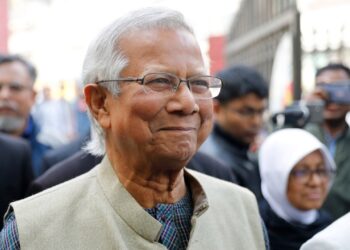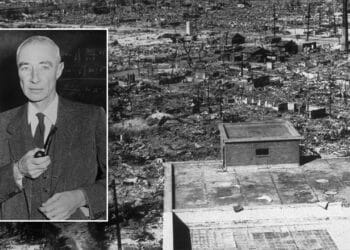[ad_1]
The DMK government in Tamil Nadu was one of the parties in the case and had decided not to provide the EWS quota for government jobs.
The DMK government in Tamil Nadu was one of the parties in the case and had decided not to provide the EWS quota for government jobs.
Terming the Supreme Court order upholding reservations for the Economically Weaker Sections (EWS) of society as a setback to the century-old fight for social justice, Tamil Nadu Chief Minister M. K. Stalin said he would consult legal experts to chalk out the next course of action.
Mr. Stalin also called upon political parties and like-minded organisations from Tamil Nadu, which was instrumental in getting the first amendment to the Constitution for reservation, to come together to protect social justice.
Earlier in the day, the Supreme Court upheld the validity of the 103rd Constitutional Amendment which provides 10% reservation in government jobs and educational institutions to the ‘economically weaker sections of the society but excludes the ‘poorest of poor’ among Scheduled Castes (SCs), Scheduled Tribes (STs), Other Backward Classes (OBCs) and Socially and Educationally Backward Classes (SEBCs) from its ambit.
They held that the 10% EWS quota to “poorest of poor” among forward castes did not pose any danger to the Basic Structure of the Constitution.
The DMK government in Tamil Nadu was one of the parties in the case and had taken a decision not to provide the EWS quota for government jobs.
Petitioners argued in the Supreme Court on September 14 that the 10% reservation for economically weaker forward classes was an affront to the constitutional goal of an egalitarian and casteless society
Senior advocate P. Wilson had argued that the concept of reservation was meant to achieve social justice and not economical justice. “Reservation was meant as a cure for historical discrimination impeding access of backward classes to public administration and education… Poverty as an exclusive test cannot be the basis of reservation,” he said.
[ad_2]












